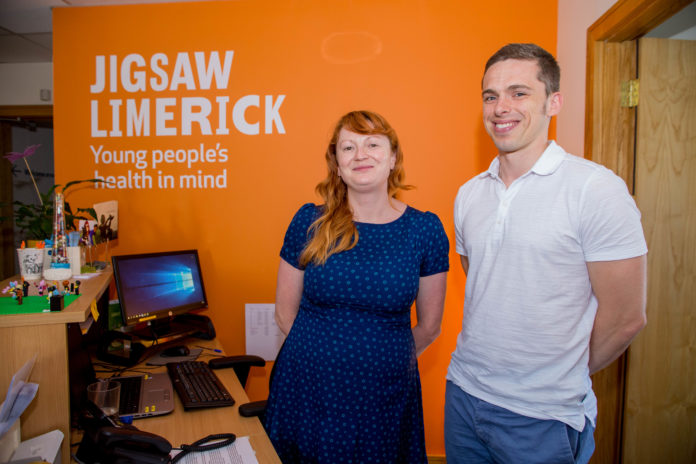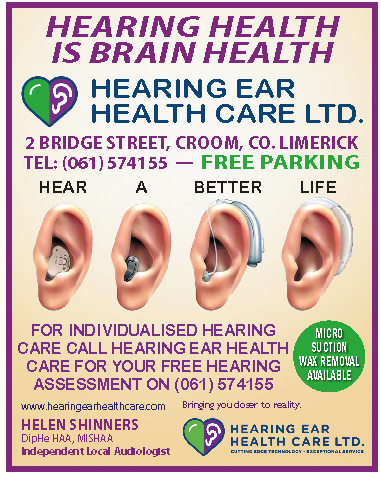
NEW DATA released by the National Centre for Youth Mental Health, Jigsaw, shows that the top issue for more than one-third of young people going to the organisation for support in Limerick is anxiety.
34 per cent of young people reporting anxiety as their biggest problem is in line with the national figures which shows that anxiety was the most common mental health difficulty among clients using Jigsaw’s service in 2017.
Other common mental health difficulties for Limerick youths include family problems (18 per cent), low mood (17.6 per cent), anger (13.6 per cent ), other including community/setting (13 per cent), stress (10.6 per cent), isolation/withdrawal (10 per cent), thoughts of self harm (9.6 per cent), parent/youth conflict (9 per cent), and suicidal thoughts/gestures (8.3 per cent).
Clinical Coordinator of Jigsaw Limerick, Cian Aherne said, “Since we opened Jigsaw Limerick in June 2017, we’ve seen that the majority of young people come to us seeking help with issues around anxiety.
“We spend a huge amount of time validating their feelings because they are happening for very good reason. Many of the factors behind them are not new: parental separation, traumatic experiences, peer pressure, exam stress, but we are also seeing the impact of issues more particular to life in 2018.
“There is a deepening sense of uncertainty amongst young people we support in relation to their sense of identity and place in this fast-paced, evolving world. High expectations of self, are one key driver of anxiety which can be compounded by the expectations of parents, teachers and society at large.
“However, if there is something positive that can be extracted from the rise in levels of anxiety it’s that young people today are so much more literate in terms of their mental health and wellbeing than they have ever been before.”
The research also reveals that nationally a high percentage of 17– 25-year-olds who used the Jigsaw’s early-intervention model service reported a significant reduction in their psychological distress.
“We’ve travelled quite a distance to a point where we’re seeing more and more young people who are comfortable articulating their feeling and seeking help. The very real challenge for us in Jigsaw, alongside other mental health services, is to ensure that help is available,” Cian added.
Jigsaw is the National Centre for Youth Mental Health which is a charity that delivers a range of prevention and early intervention services to improve the lives of young people (aged 12-25) who are living with mental health issues.






